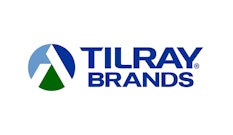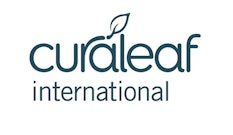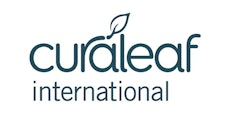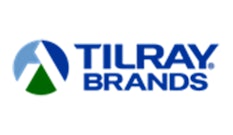Canopy Growth Corp., one of the largest cannabis producers in the world, filed a federal lawsuit in late 2020 against GW Pharmaceuticals, the UK-based cannabis business behind the FDA-approved Epidiolex. At issue is an extraction method that Canopy asserts is newly protected by patent.
Read the full complaint below.
Canopy Growth alleges that GW Pharmaceuticals produces Epidiolex via the protected CO2 extraction method. Since its 2018 approval from the FDA, GW then distributes Epidiolex across the U.S. and elsewhere at $1,235 per 100mL bottle. “GW reported approximately $366 million in net product sales of Epidiolex in the United States in the first nine months of 2020,” according to the lawsuit.
Although the patent protection on this extraction method is a new issue for Canopy Growth, an earlier iteration of the patent in question was published in 2000. Its contents were acquired by Canopy Growth Corp. amid an acquisition of Germany’s C3 Cannabinoid Compound Company (founded by Bionorica SE), a company with which GW allegedly considered partnering in 2016 for its cannabinoid processing work.
Canopy Growth specifically points to two claims in its patent, asserting that GW Pharmaceuticals performs the described actions in its manufacture of Epidiolex.
For example, in Claim 1 of the patent, Canopy Growth writes:
A process for producing an extract containing Tetrahydrocannabinol (THC) and/or cannabidiol (CBD), and optionally the carboxylic acid thereof, from a cannabis plant material or a primary extract thereof, said processing comprising:
(1) Subjecting the cannabis plant material or primary extract thereof to CO2 in liquefied form under subcritical pressure and temperature conditions to extract cannabinoid components; and
(2) reducing the pressure and/or temperature to separate tetrahydrocannabinol and/or cannabidiol, and optionally the carboxylic acids thereof, from the CO2.
This lawsuit is the first action Canopy has taken to argue its patent. Marijuana Moment first reported on the contents of this lawsuit in December.
The case echoes the UCANN v. Pure Hemp lawsuit that we covered in 2019. UCANN went after Pure Hemp for cannabis tincture formulation that fell under a patent for “liquid cannabinoid formulations wherein at least 95% of the total cannabinoids” is THCa THC, a combination of THCa and CBDa, and a combination of THC and CBD. In other words, the patent covered a broad swath of the cannabis concentrate market segment.
In April 2020, UCANN filed for Chapter 11 bankruptcy, and the federal lawsuit was administratively closed by the court.
Canopy Growth Corp. vs. GW Pharmaceuticals by sandydocs on Scribd

























